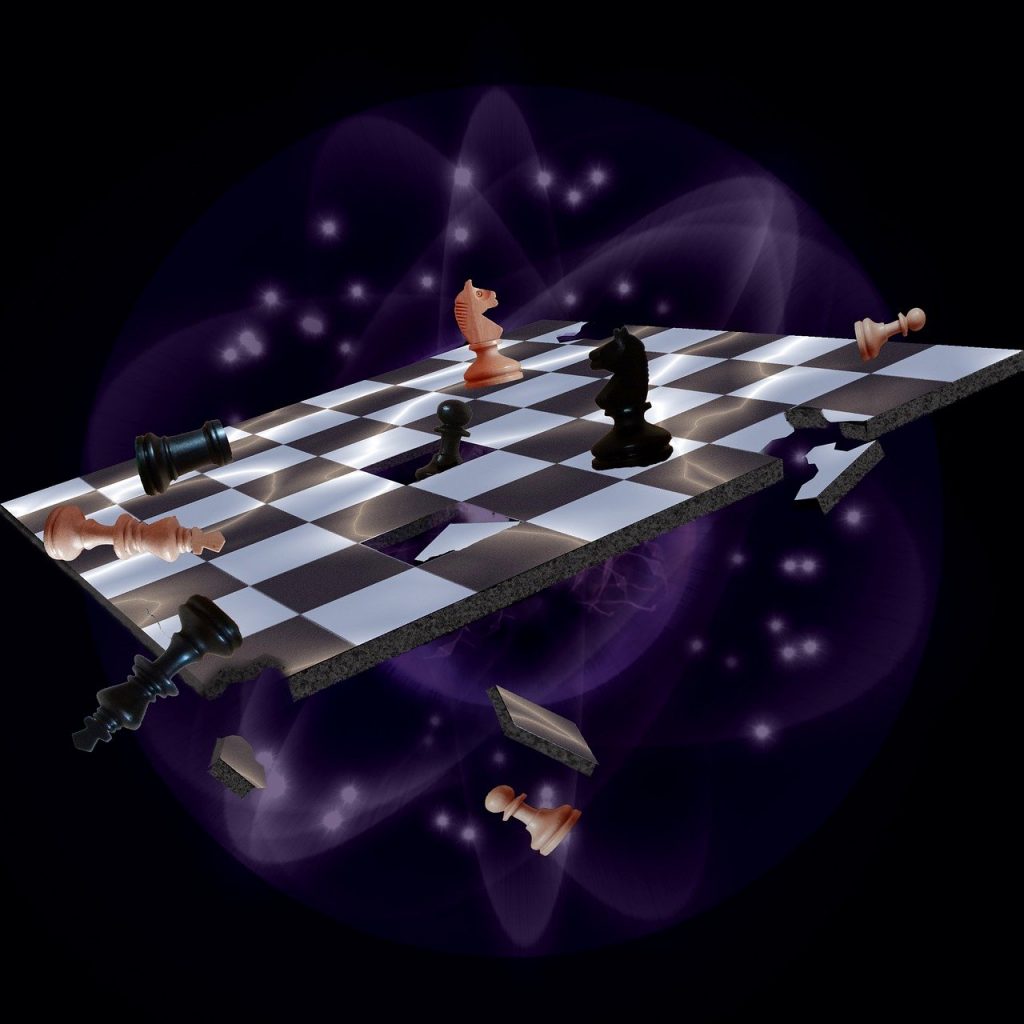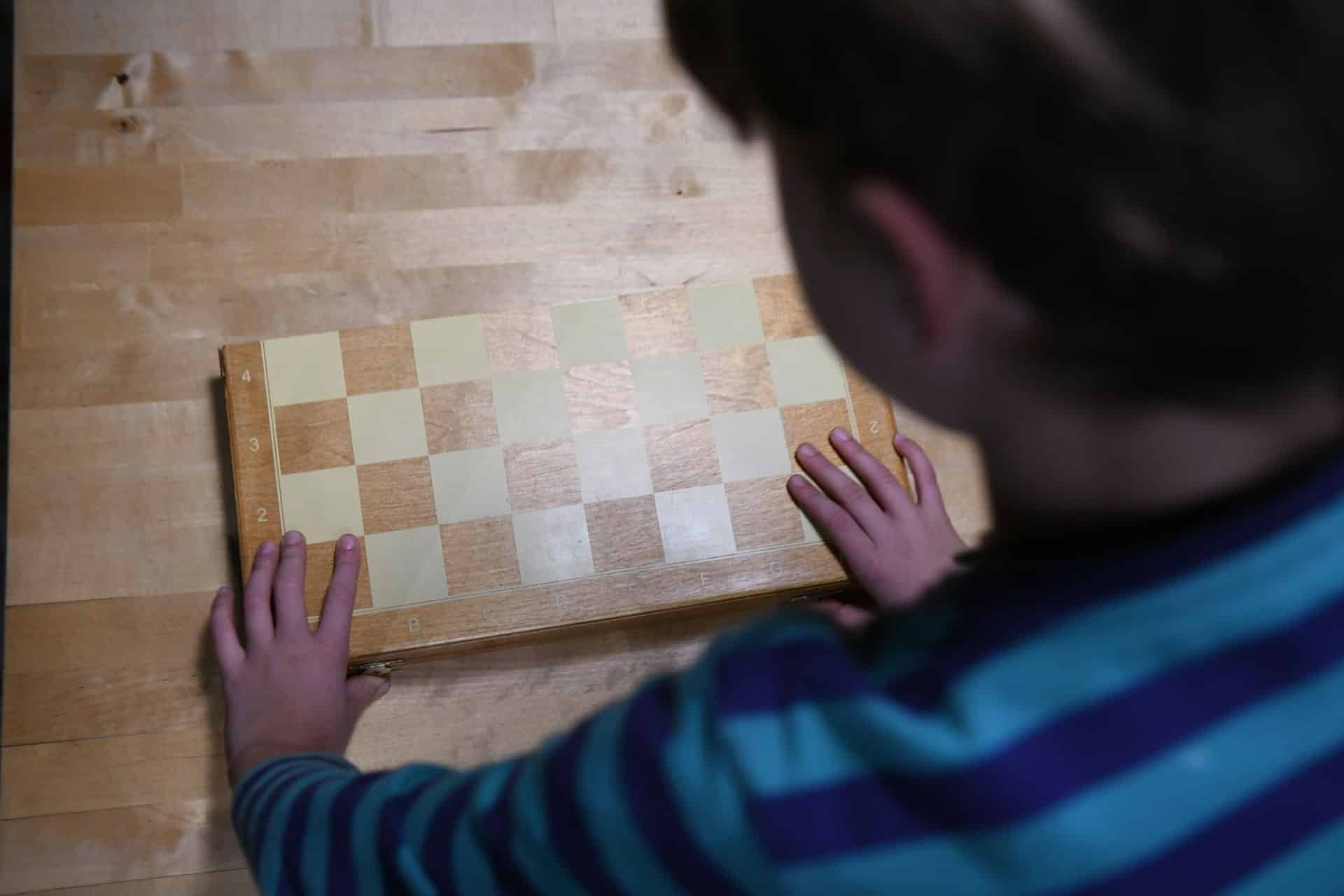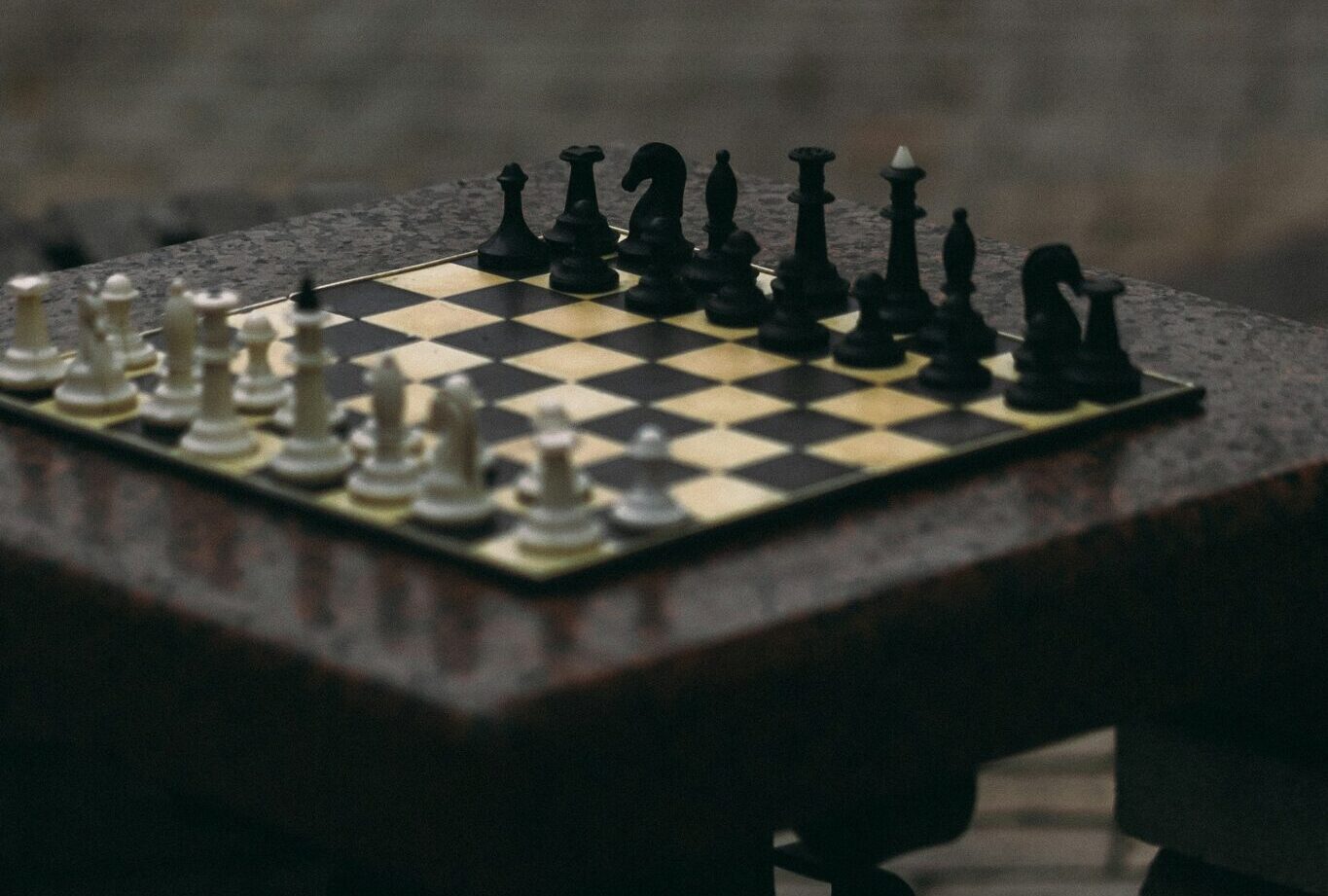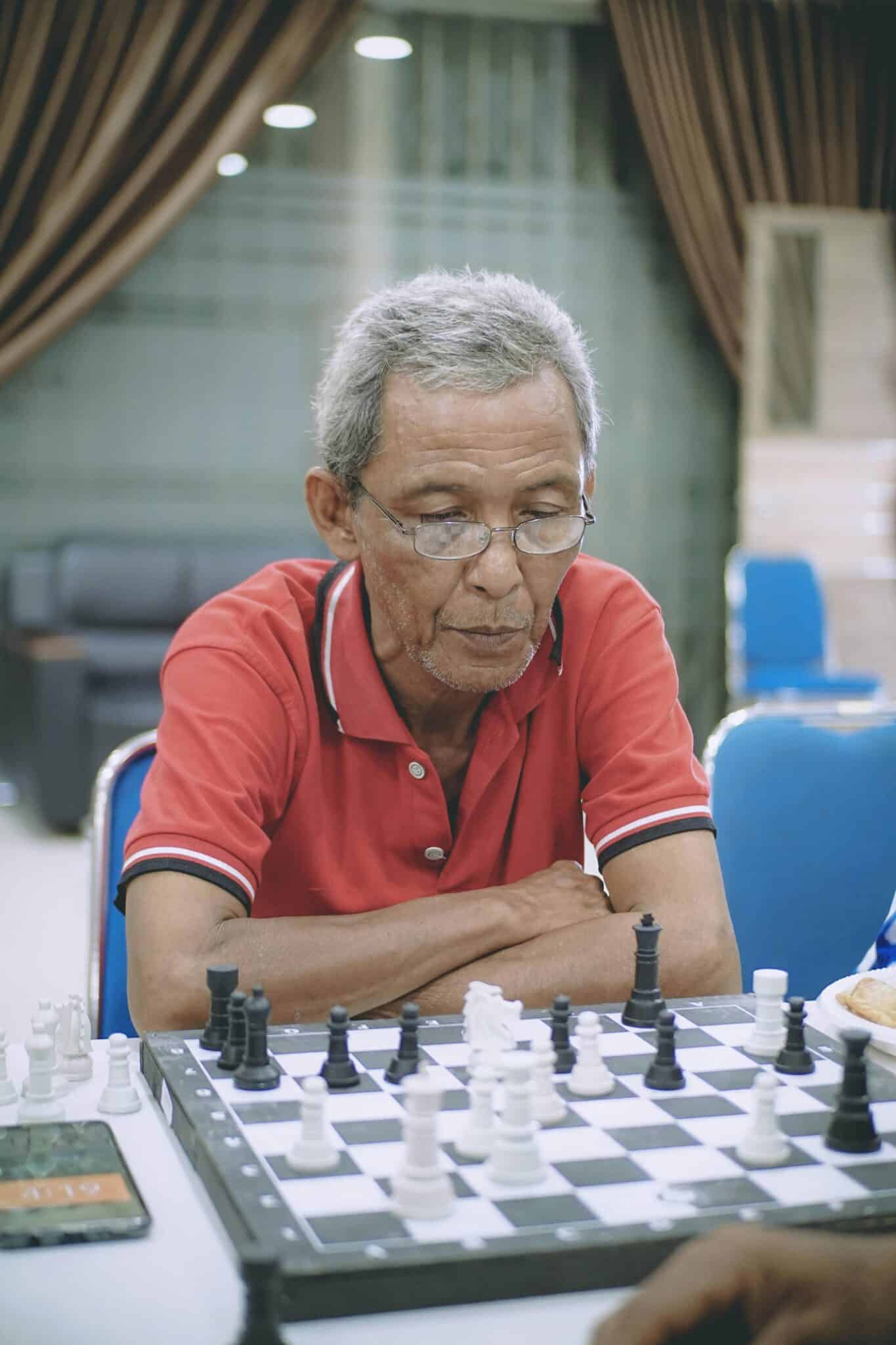Table of Contents
The Psychology in Chess
Chess is not just a board game, but a mind game, a fierce battle of minds and emotions (yes, emotions). It all comes down to a beautiful science that has been neglected by most, the psychology in chess.
Chess psychology can get really complex, considering this is the science that studies human natures and behaviors. In chess, psychology is important has a fundamental role in your chess performance.
Let’s explain the psychology in chess the easier we can for you to understand how it affects your game (and you in general).
- Studying psychology will help you control your feelings
- Controlling your feelings will help you control your thoughts
- Controlling your thoughts will help you control your emotional status
- Controlling your emotional status will help you control yourself
- Controlling yourself will help you be unbeatable
I know for some it may sound wacky, but thinking about it will let you see it makes a lot of sense. Controlling your emotional status is a very powerful resource, not only in chess but in anything in life.
It is better to feel motivated than feeling sad before a tournament, right? So controlling yourself in the terms of chess is exactly the mission of psychology in chess.
Why is psychology in chess important?
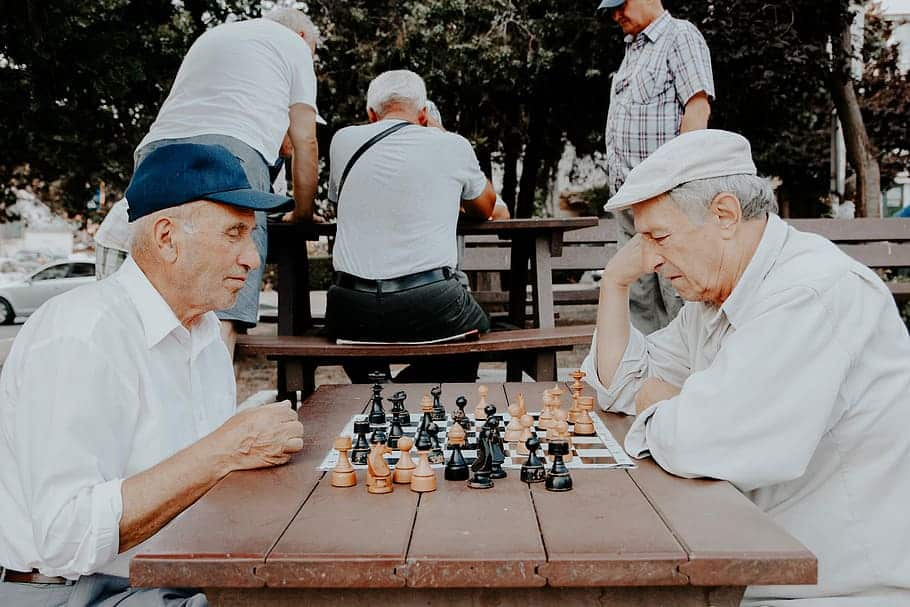
Chess players with good psychological preparation will have an obvious advantage against other players in the tournament. Working in your chess psychology will turn you into that confident and strong player you want to be.
Of course, your preparation matters too, in fact, I think chess psychology has the same level of importance as practicing openings or positional concepts.
Many important aspects are studied by psychology in general terms, but they can be applied to chess. Motivation, Resilience, Internal language, all of those are useful tools that will help you improve in chess.
Going a little bit deeper on the matter, it is impressive the number of similarities between a chess game and life. This is a very personal approach, maybe you don’t feel the same way, but that is the way many chess players learn to see it.
So learning about chess psychology will also grant you a pretty basic glance at the psychology of life. This will obviously have a positive impact on everyone’s lives which is a great aspect that chess has.
The psychology and the preparation of the chess player
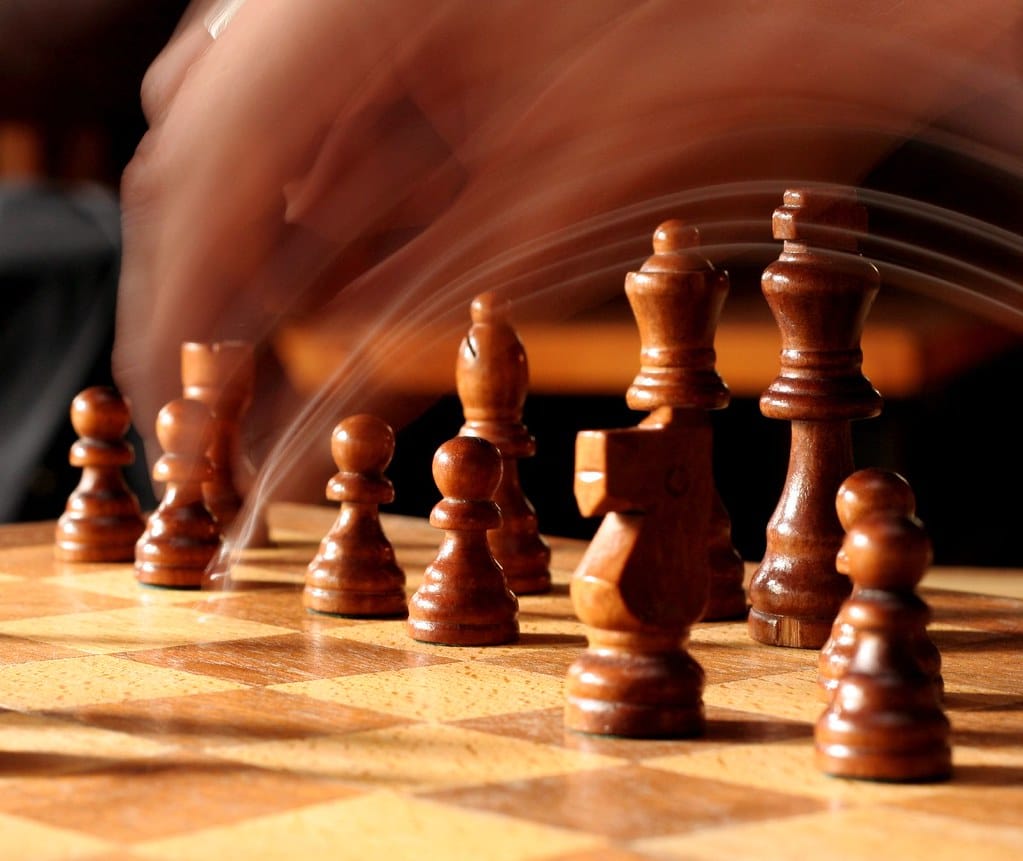
Did you know most professional chess players have their own personal psychologist? Just as many rich people and celebrities include a psychologist in their lives to speak out their concerns once in a while.
This might be a little surprising for some and can even sound like a fancy myth. But it is true, the psychology in chess is an aspect that the chess elite can’t ignore.
I recommend you check out the book “Think like a Grandmaster” by Alexander Kotov.
This is a book of pure chess psychology, Alexander Kotov dedicates a whole book to studying these “silly” mistakes we all chess players make. The Simplicity of the content of the books doesn’t compare with its huge importance.
It gives us information about things that everyone seems to know but is so hard for people to use it correctly.
Working in the psychology of chess is a fundamental step for you if you want to become a chess professional. Just as in any other sport, psychology is important to progress, and improve your skills.
The correct psychology in chess to win
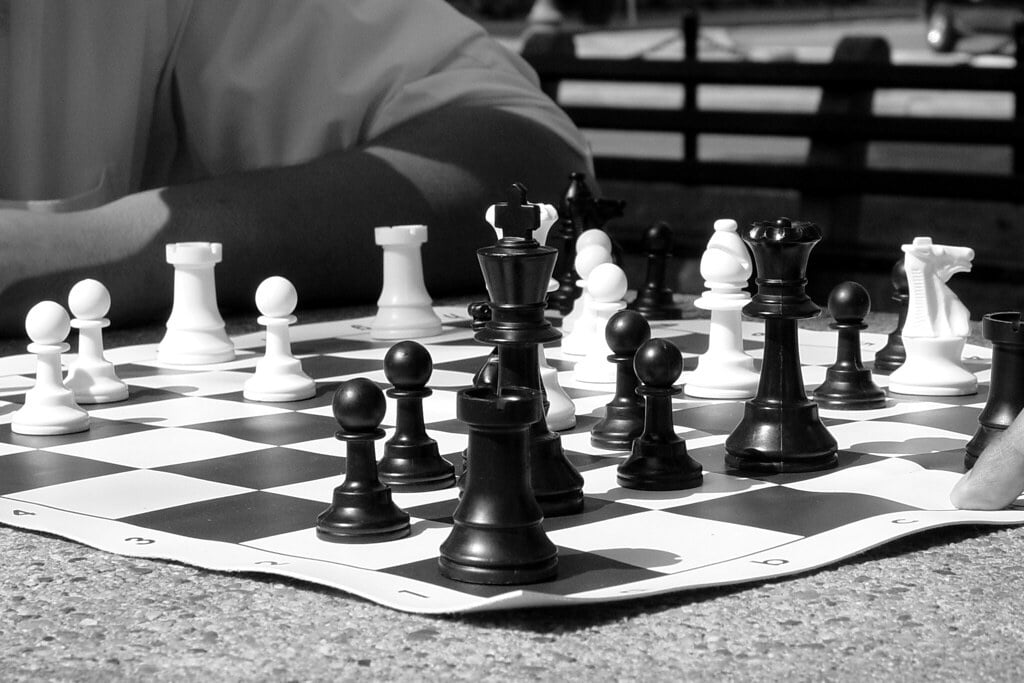
There are some techniques you can use to get better in your chess by using psychology in your favor. We are going to list out some of the most important matters in chess psychology.
- Learning how your personal motivation works will help you feel more confident before the tournament and will give you a “boost” of energy to play.
- The beautiful art of being confident in yourself will grant you the ability to feel more comfortable with your assessment and calculation. This will also help you relax during the game, which helps you think more clearly.
- Resilience is massively important in the way of improvement at any sport. In the case of chess, this will help you handle errors correctly, which is a huge skill, that not every chess player has.
The mental strength, and your self-worth as a chess player is a massive skill that helps you in almost every chess matter. By mental strength, I mean keeping your nerve, in any situation on the board.
No matter what situation you are facing on the board, advantage or disadvantage, keeping yourself cold-blooded to think correctly is always best.
This is a skill that is not easily dominated, yet it will surely improve your skills, and make you enjoy more the game with the psychology in chess.
What can be the results of a bad psychological preparation in chess?

Not having any of the skills that I just mentioned before will surely lead you to disaster in your chess progression. Probably, you have a lot of potentials (which I’m sure it’s true) but you don’t have the tools to fully exploit it. The psychology in chess is what gives you most of these tools.
You have to know how to train your mind and dominate your feelings to avoid that any impulses get in your way, you can do it with the psychology in chess.
Do you know those players who abandon the tournament in the second round just because they lost two games before?
This is the kind of frustration and stress that appears in chess players when they don’t have a correct approach to chess psychology. You have to be aware of the importance of this matter if you want to progress in anything.
Learning about this topic is really helpful, the information is endless, this is just an overview of the psychology in chess. However, I hope you found this content helpful.
You may also like:
How to get better at chess: 5 Keys to Play like a Grandmaster

